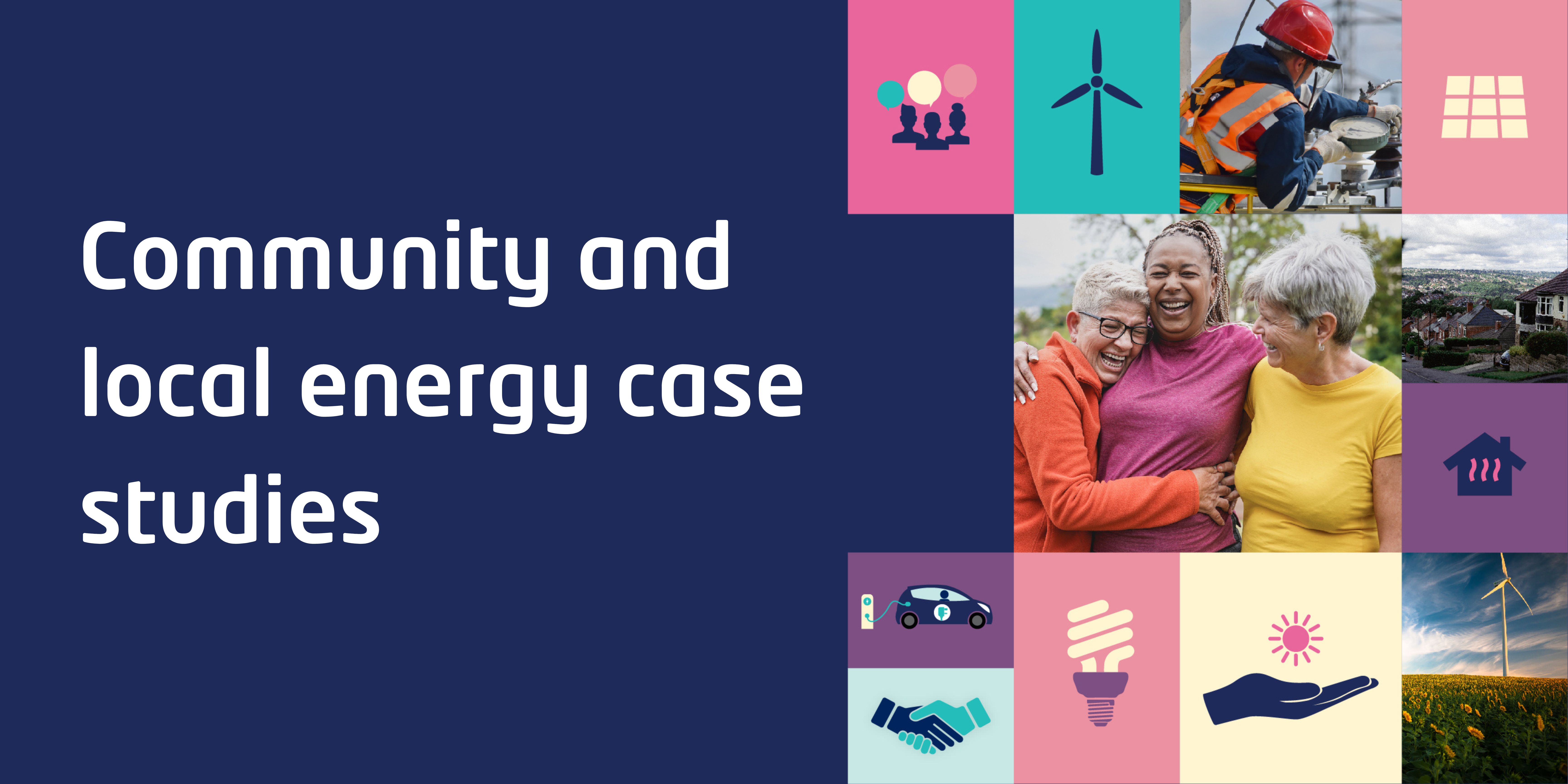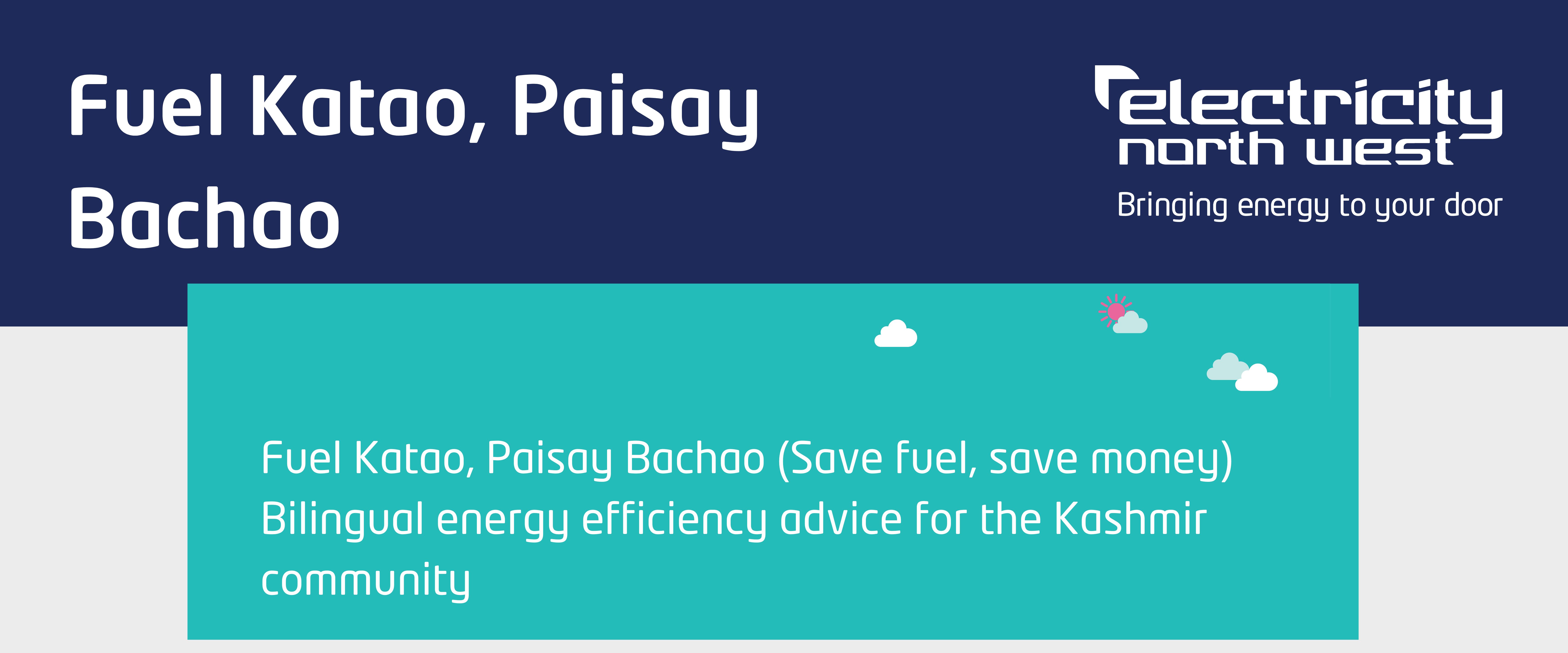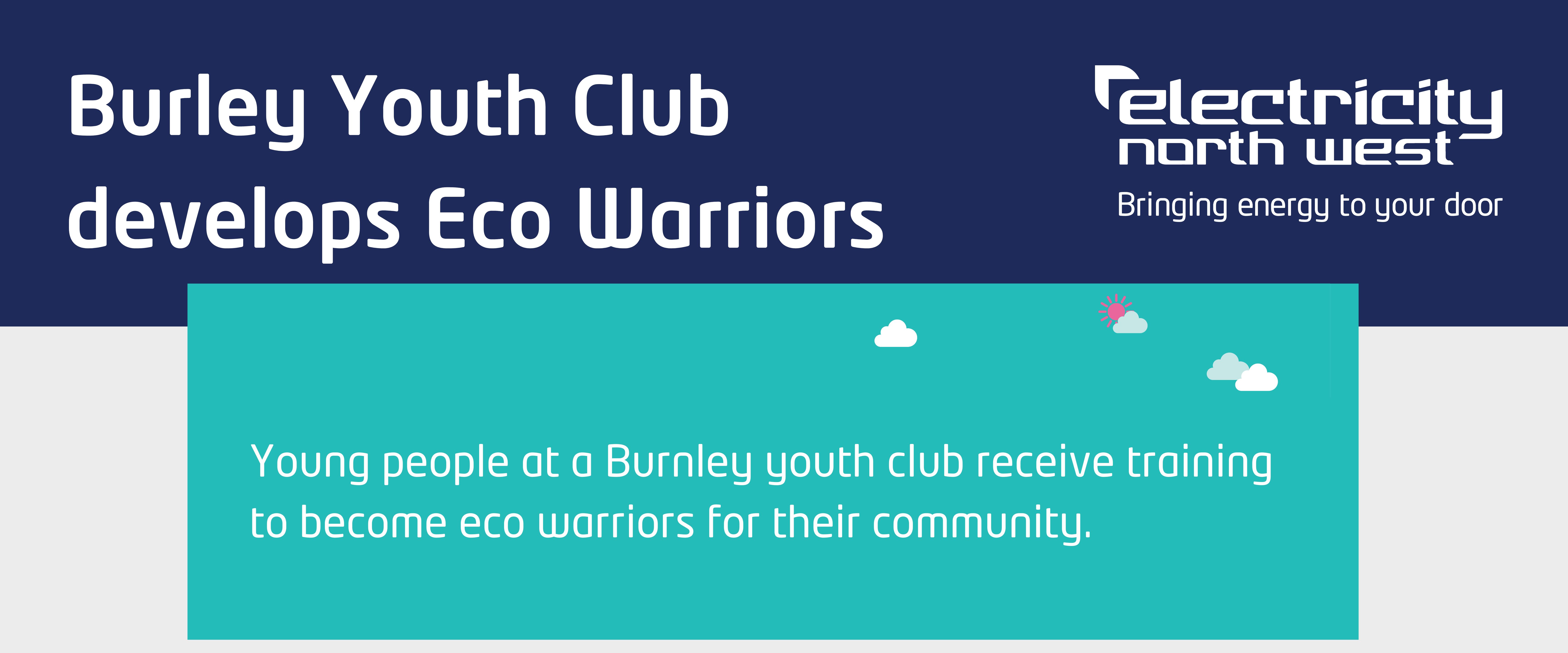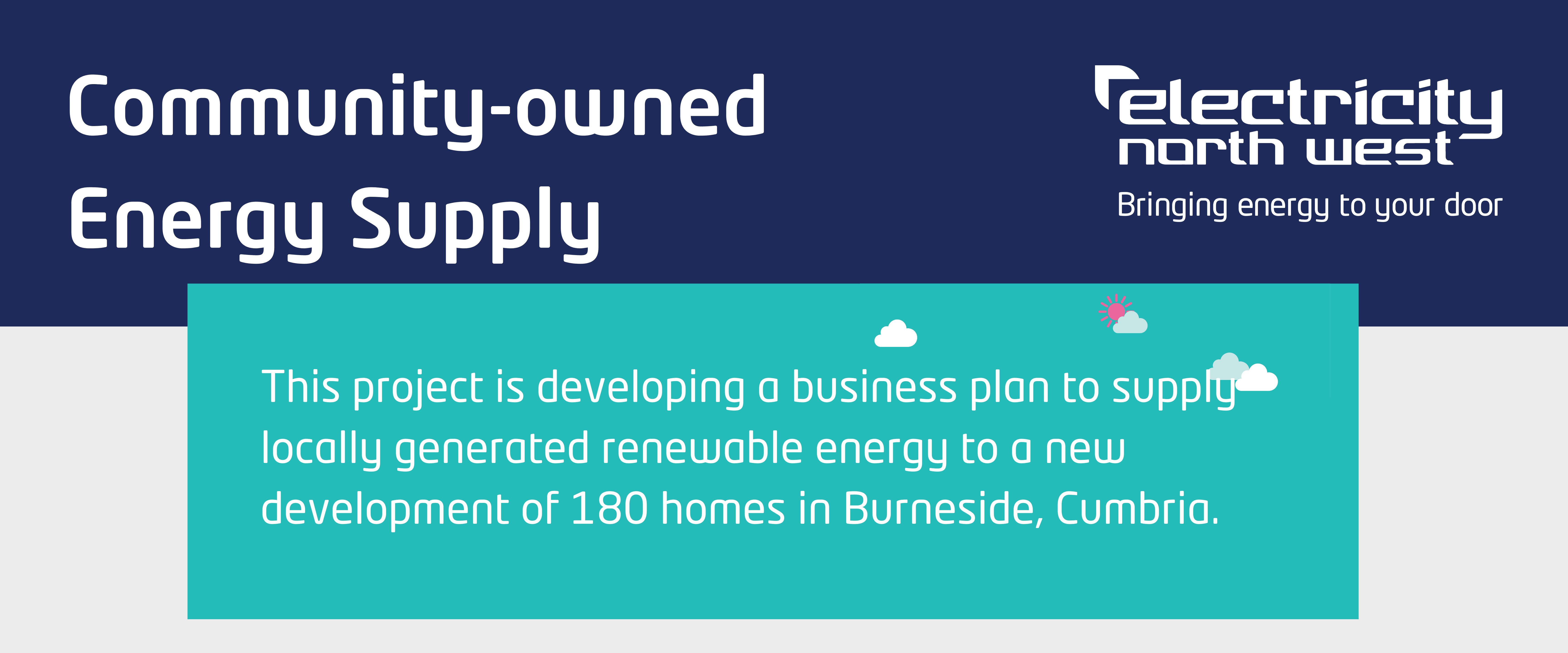
Summary of project
This project explored what a well-funded, socially just approach, to energy efficiency schemes in context of fuel poverty could look like. It involved research, engagement with stakeholders to produce a toolkit that can be used by any developer of a large scale energy efficiency scheme.
How ENWL supported the scheme
Electricity North West awarded Carbon Coop £14,720 from the Powering our Communities Fund to enable them to carry out the research.
Why is the project community energy?
Carbon Coop’s Warm Homes for All project will be driven by the local community. It will support local energy efficiency schemes and it will help generate and retain investment within the local community. Engagement with the end-customers, the local authority and supply chain is key to its successful delivery.
Who would find this useful information?
Local authorities, housing associations, contractors, communities and other partners involved in large scale energy efficiency schemes for domestic properties.
What is the project hoping to achieve?
This project produced a toolkit to guide scheme managers in understanding the ‘resident-client’ experience of energy efficiency schemes. The aim of the toolkit is to make it easy for organisations to design and implementing these schemes to ensure projects are user-centred.
This project set out to try and understand why some large-scale energy efficiency schemes have gone so wrong for some householders and wanted to answer “What would a user-centred approach to procurement of energy efficiency schemes in Greater Manchester entail?” The final output of the project has focused on exploring user-centred approaches to the planning and delivery of energy efficiency local authority schemes. The whole project was delivered with stakeholders engaged in research, development and testing of recommendations.
Based in Greater Manchester, Carbon Coop is a not-for-profit community energy organisation which aims to help people and communities make radical reductions in household carbon emissions and energy bills.
What was the impact
- A toolkit that is usable by a wide range of organisations including local authorities, housing associations, charities and communities.
- By the end of the funding over 300 people from these types of organisations had been engaged in the process.






